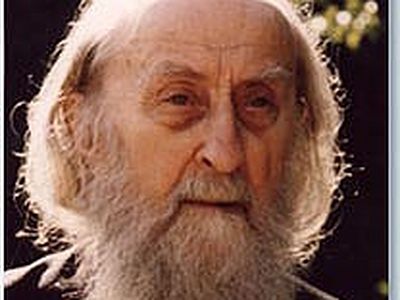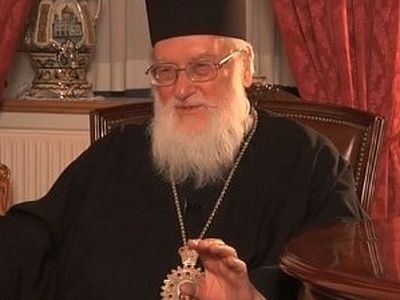This is something of a follow up on the last post. Here I will be simply listing quotes of Archimandrite Sophrony taken from the book, “I Know a Man in Christ”, by Metrtopolitan of Nafpaktos, Hierotheos, published by, Birth of the Theotokos Monastery, 2015. Therefore at the end of each quote only a page number will be designated. In addition I will tack on an ending which I choose to refer to as “epilogue”.
People’s growing love of psychology is a terrible thing. Psychology helps those in the West, but it is a dreadful when the Orthodox learn psychology and substitute it for the neptic tradition of the Church. We must undermine Orthodox Christians’ love of psychology, because psychological methodology is outside the Orthodox tradition and, at the same time, it is characterized by the Western mentality. (p.269)
The whole of the West was influenced by St. Augustine. Augustinian theory is rather psychological; it deals with God psychologically. In Greece today there is a noticeable trend towards psychology, which is why St. Augustine is studied so much. St. Augustine may be a saint, but his work is subject to much exploitation. (p.345)
There is a great difference between the Orthodox and Western traditions. Psychology is adjusted to the Western tradition, so it differs enormously from the Orthodox tradition. (p. 358)
I am sorry about those spiritual fathers who assert that the spiritual life is not enough and psychology is also necessary. (p.368)
Human psychology uses different anthropology. It is more or less heretical. It is dangerous. It is bad that it is used by spiritual fathers. To a certain extent it helps those who have no experience to understand other people, but it does harm. Spiritual things also have psychological repercussions, as can be seen when one looks at the Orthodox and the Latins. But psychological things are not spiritual as well. (p.364)
Psychology and the spiritual life have different starting points; their anthropology is different. However, we cannot overlook psychology, which mainly helps people who are atheists and do not want to use the hesychastic tradition of the Church. It is a remedy for people who are far from the living God and are in terrible torment. It should be used discreetly and wisely. Medication may help the body that has suffered serious harm from various problems, but the cure will come through man’s regeneration by the grace of God. The soul’s wounds are cured by means of prayer.(p. 227)
The view that everything Psychological is also spiritual, and everything spiritual is also psychological is a deadly danger. It is very dangerous for us to regard people’s psychological problems as spiritual states. Such a view is a blasphemy against God. The exact opposite ought to happen, that is to say, we ought to make a distinction between spiritual life and psychological life. (p. 358)
In all our years in the Monastery here is England, I have never met anyone who was cured through psychoanalysis, although it is highly developed in Western societies, However, to be fair, neurologist and doctors who give drugs to patients are more humble than psychoanalysts, and they help people to become socially balanced. They also help those within the Church, when they have problems of a neurological nature for various reasons. (p. 358)
The observations of psychology with regard to human beings are significant, because they explain that beyond the rational faculty there is something more profound. Psychological analysis, however, are infantile compared with the teaching of the Fathers of the Church. Although the observations of psychology are significant, the therapeudic method that it offers is awful. Psychoanalysis does not cure man; rather it confuses him even more. (p. 358)
One ought not to ‘spy’ on oneself, but to have profound repentance. (p. 286)
There is a difference between psychology and life in Christ. Psychology attempts to deliver man from guilt complexes, whereas in life in Christ we experience grief, pain, on account of being far from God, and we do not stop repenting until this grief is transformed. (pp. 343-4)
Epilogue:
A priest who studied psychology in the 1980’s both
read the former post and worked together with me on this
in that he found the quotes listed above. As we discussed
the subject at hand he made some interesting observations:
“Psychology today, no longer has a guiding star; it
has nothing outside itself to look to as a model. It is
self-absorbed. Whatever pleases a person, he can do. It
has acquired the ethic of the culture it exists in.”





